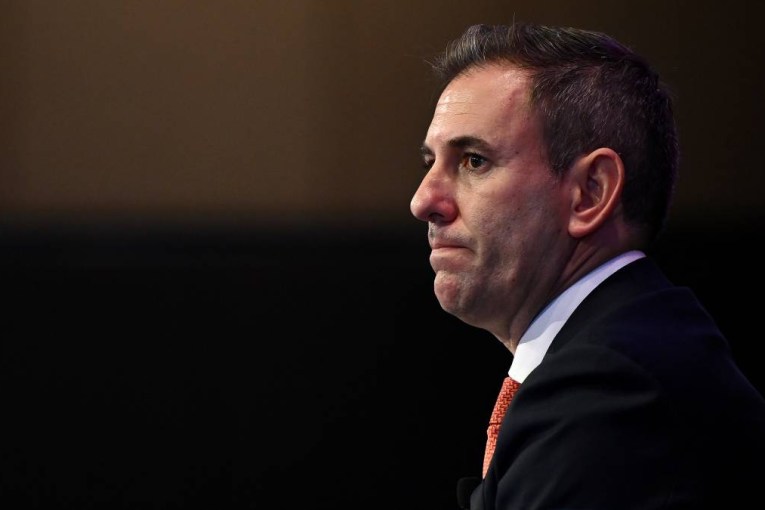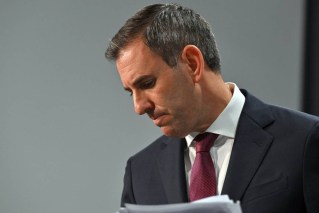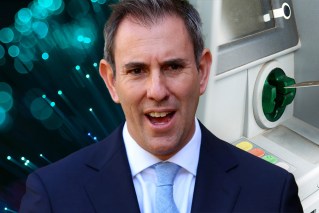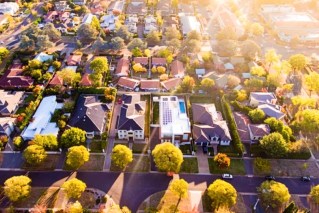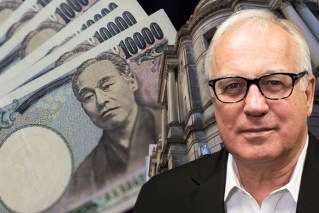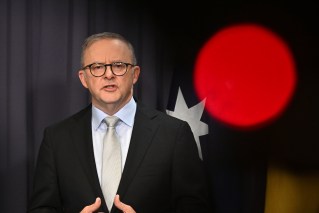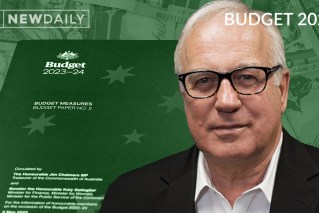China not buying it: The countries purchasing the largest stakes in Australia

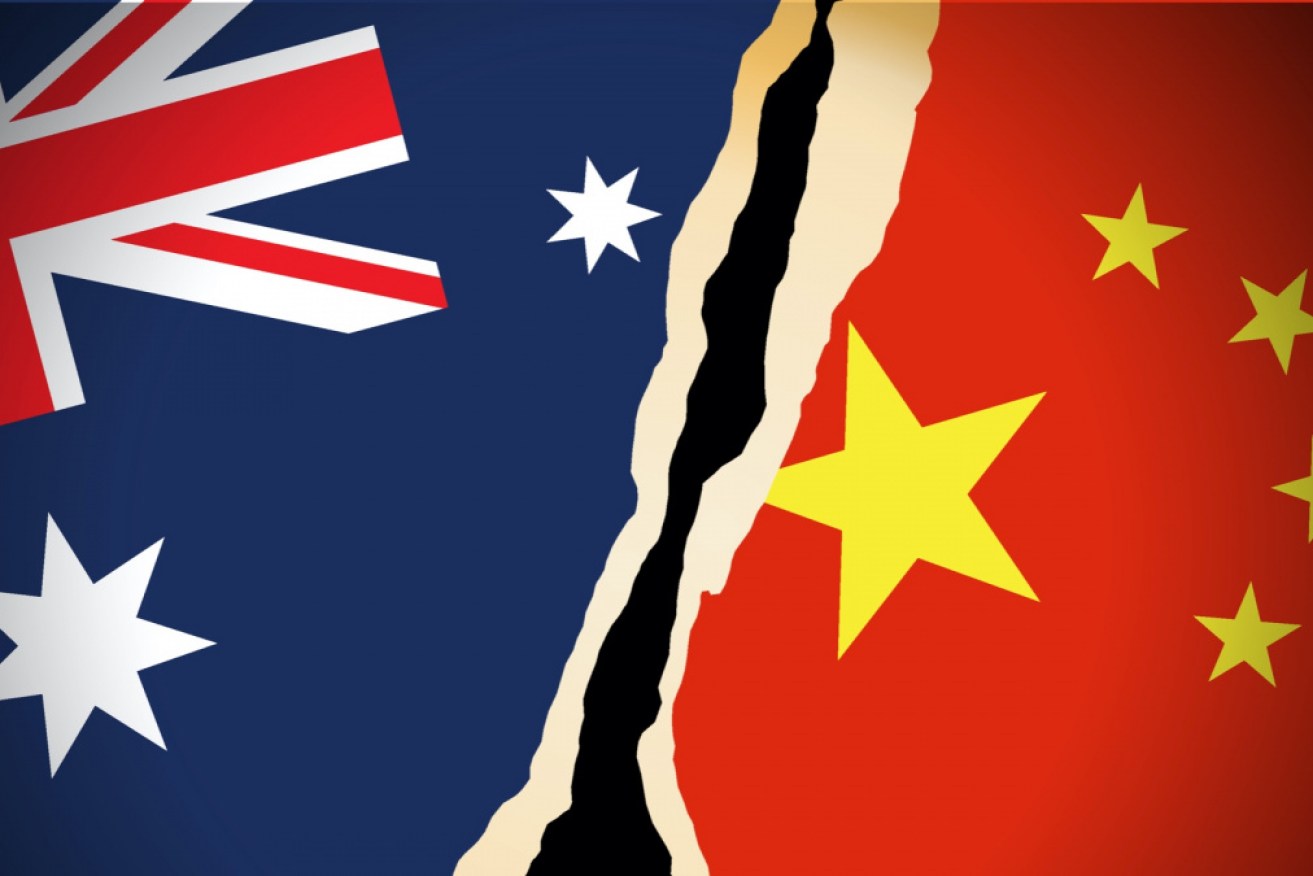
The China-Australia relationship is at a low ebb. Photo: Getty
In the biggest foreign investment reforms since 1975, foreign investors will face tougher scrutiny before taking a stake in Australian companies and resources.
Treasurer Josh Frydenberg unveiled a proposal to turn Australia’s Foreign Investment Review Board (FIRB) from toothless tiger to apex predator.
The proposal comes at a time of heightened tension between Canberra and Beijing, prompting speculation the new powers are intended to curb China’s influence in Australia’s economy.
But the fears surrounding Chinese investment may be overblown.
James Laurenceson, director of the UTS China-Australia Relations Institute, told The New Daily public attitudes towards foreign investment of any sort have long been sceptical.
“First it was American investment in the 1960s and ‘70s – there was huge pushback against that, then it was Japanese investment in the 1980s,” he said.
“But obviously with China there are additional complications; China is a very different country to us in terms of politics and values in a way that the United States never was.”
Even so, data from the Department of Foreign Affairs and Trade shows China is only a small contributor to Australia’s total foreign investment pool.

Source: Department of Foreign Affairs and Trade
In 2019, China invested $78.2 billion in Australia – only 2 per cent of foreign capital invested into Australia that year and a fraction of the $983.7 billion received from the US.
“A lot of Australians imagine China is an economic powerhouse, and because of this they assume that’s true for both trade and investment, when in fact it’s not,” Mr Laurenceson said.
“The data is really clear on this.”
Attitudes remain sceptical
A 2019 study by independent think tank The Lowy Institute found 79 per cent of Australians believe China’s infrastructure investments across Asia are part of a plan for “regional domination”.
That study also found 74 per cent of Australians believe Australia is too economically dependent on China.
Those fears are far from unfounded though, with federal government banning Chinese-owned telco Huawei from providing parts for Australia’s 5G network.
The ban was enforced over concerns the company was “likely to be subject to extrajudicial directions” from the Chinese government and therefore posed a national security threat.
Liberal MP and chair of the Joint Standing Committee on Trade and Investment Growth George Christensen has since established his own ‘China Inquiry’, warning the country’s sovereignty is is at stake.

George Christensen has raised concerns over Australia’s reliance on China. Photo: AAP
“With more than a third of our exports being sold to China, it’s clear we have put too many eggs into the one basket,” Mr Christensen said.
“China owns more than 9.1 million hectares of our country and more water than there is in the Sydney Harbour.”
New powers needed
The FIRB is responsible for ensuring the sale of Australian businesses, infrastructure, and resources to other countries won’t hurt the nation, or its citizens.
In practice however, the FIRB has long attracted criticism from economists.
Australia Institute senior research fellow David Richardson cautioned in March the board’s track record on monitoring compliance “is poor” and a stronger monitoring role has never been “seriously pursued” by the organisation.
“We know of no example where a decision has been revoked because conditions were violated,” Mr Richardson said.
“Companies were able to flout any agreements they made with the government in order to gain foreign investment approval.”
The new powers outlined by Treasurer Josh Frydenberg are designed to plug those holes.
Those powers include screening investments with a new ‘security test’, penalties for investors who breach the conditions placed on their purchases by the FIRB, and ‘last resort’ powers enabling Treasury to dispose of some investments.
UTS’ Mr Laurenceson welcomed the proposals, telling The New Daily the additional controls they place on foreign investors will ensure Australians aren’t the losers in future deals.
At the same time, however, these new powers are unlikely to scare off investors from pumping much needed capital into the country.
